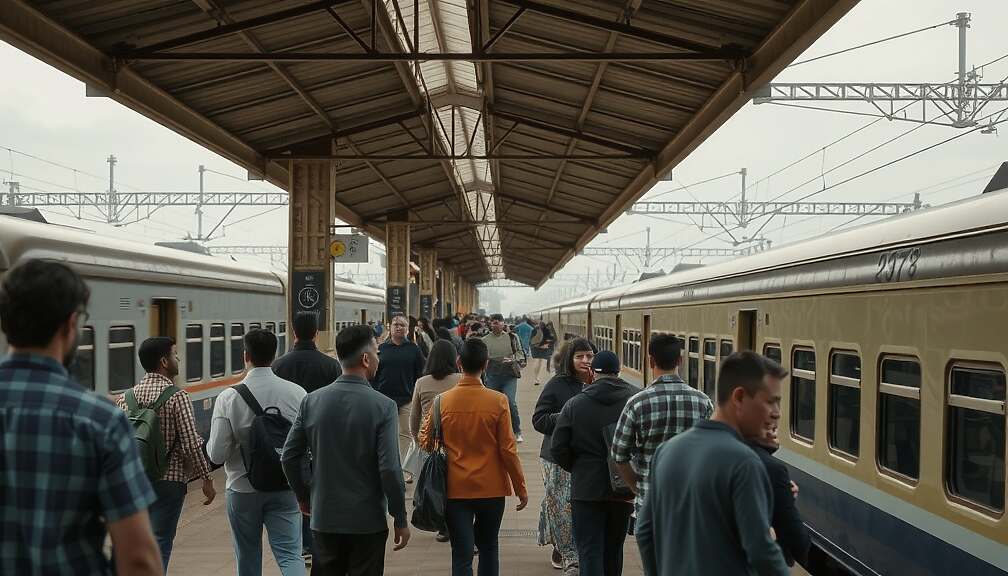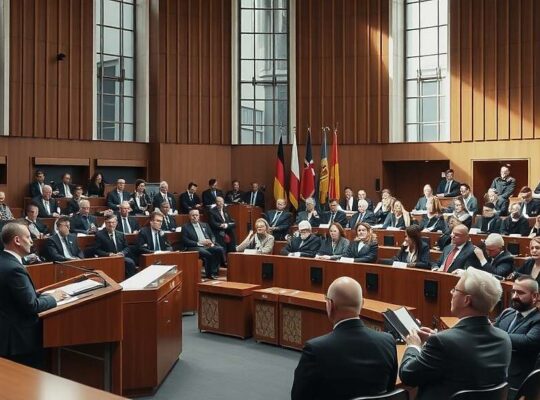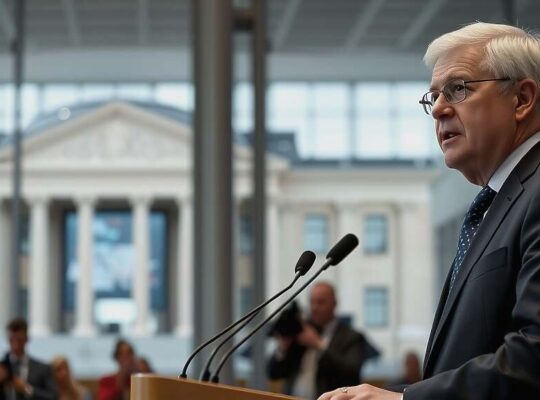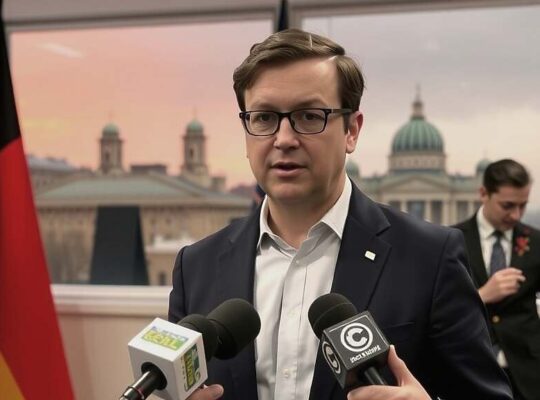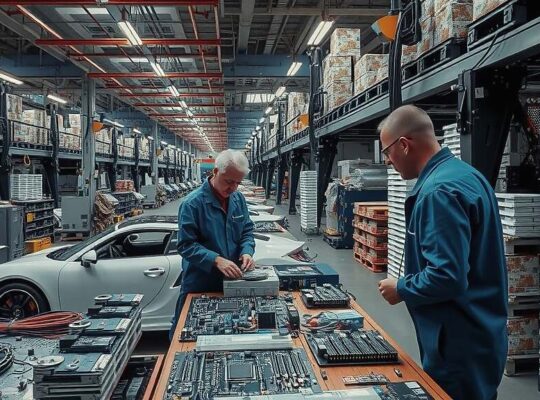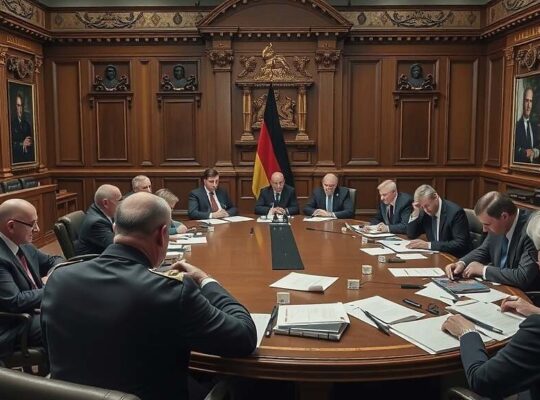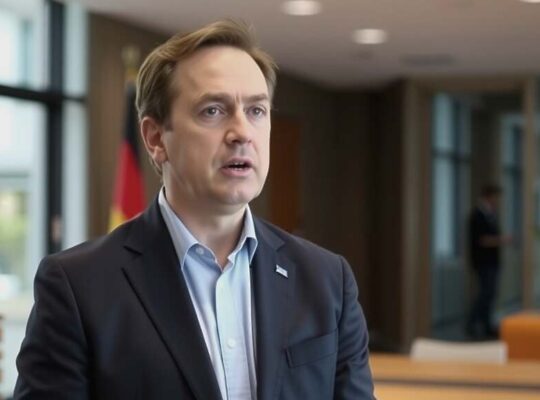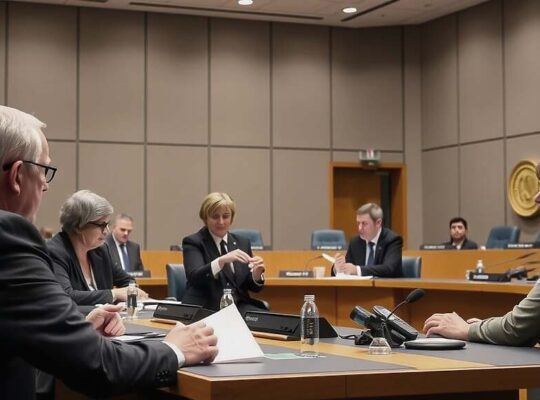Pressure is mounting on Deutsche Bahn (DB) as political factions and industry associations demand the immediate implementation of safety and cleanliness initiatives recently announced by Transport Minister Patrick Schnieder (CDU). Schnieder’s proposed “Bahn-Agenda” encompasses three programs, with two slated for rollout as early as 2026, but progress has been markedly slow, according to sources within the ministry.
Christoph Ploß, the CDU’s transport policy expert, emphasized the urgency, stating in the “Rheinische Post” that the DB’s new management team must “quickly deliver results” and execute Schnieder’s plans. The demands underscore a growing sense of frustration with the state of Germany’s rail infrastructure, which has been plagued by persistent issues ranging from malfunctioning equipment to inadequate service.
Green Party expert Matthias Gastel echoed this sentiment, directly criticizing DB’s maintenance and logistical shortcomings. He cited recurring problems with broken refrigeration units, unavailable food services and malfunctioning coffee machines as evidence of systemic failures. This highlights a disconnect between political ambitions for rail improvement and the reality of consistent operational deficiencies.
The call for action extends beyond the demand for swift implementation. Several associations are urging Minister Schnieder to allocate additional funding to ensure the programs’ success. Dirk Flege, Managing Director of “Allianz Pro Schiene” argued that the federal government, as the owner of DB, must “actively steer” the railway’s development. Similarly, Matthias Kurzeck, Chairman of the Verkehrsclub Deutschland (VCD), insisted that additional resources are indispensable. The lack of funding raises questions about the government’s commitment to its stated goals and suggests a potential for further delays and compromised outcomes within the beleaguered rail network. This places Minister Schnieder in a precarious position: he must now balance political pressure with budgetary constraints while attempting to revive public confidence in Germany’s national railway.


